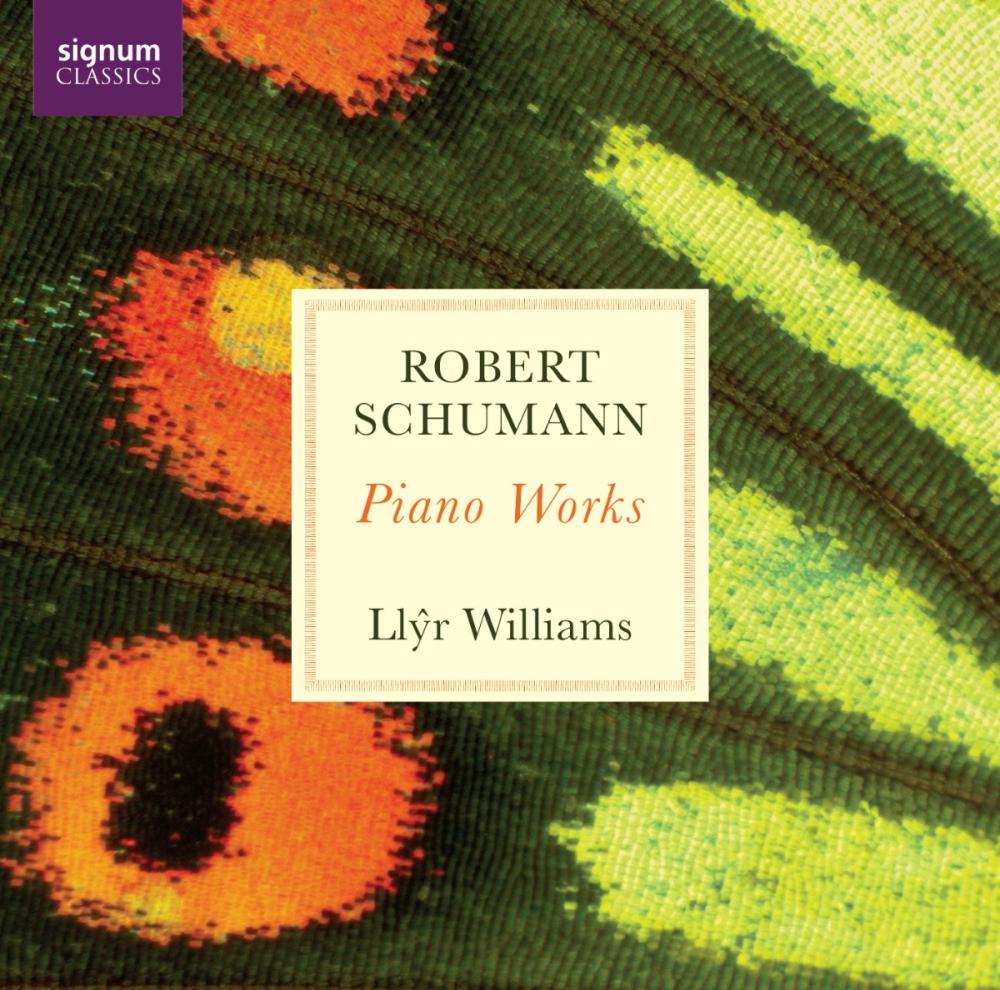search
date/time
 | North East Post A Voice of the Free Press |

Mike Tilling
Arts Correspondent
1:02 AM 20th April 2024
arts
Review
Classical Music: Robert Schumann: Piano Works
CD 1 Fantasy Op. 17; Papillons, Op. 2; Humoreske, Op. 20;
CD2 Davidsbündlertänze Op.6; Nachtstücke, Op. 23; Faschingsschwank aus Wein, Op. 26.
Llŷr Williams
Signum SIGCD756
2 CD, Digital Stream & Download
https://signumrecords.com/

There is, of course, further debate around this possibility, and even if it is untrue, the question remains as to why his name should be worth more than hers. After all, she was the one who had toured Europe, giving recitals. "How much of her work was his?" is the reciprocal question. Only idle speculation.
Some of the music on this double CD could be seen as early pieces expressing Robert’s love for Clara. The story of their tortured relationship is well known, with Clara’s father opposing the match at every turn. We can only speculate as to why he was so vehemently antagonistic, but it appears that their relationship might curtail her lucrative professional career.
On CD 1, take the second track, Fantasy Opus 17 ii. It opens with what may be described as a wedding march; it has such joy and optimism. Later, this moderates, becomes more playful, and then becomes reflective. Perhaps Schumann is tracking a marriage's progress.
The Fantasy Opus 17 iii is designated ‘Langsam’ (slow) and is suitably limpid, but surely he is referring directly to Beethoven’s sonatas, specifically the Sonata 14? Schumann soon moves away from such an overt homage, but it is clearly detectable.
CD2 has the ‘Nachtstuke’ (sic), or night pieces. Clearly, Schumann did not see the night in the same way as other composers of the Romantic era. The Opus 23 I opens with a march, and the other sections have nothing like the moody, reflective tone you might expect.
The second CD also features the eighteen pieces of David’s Bundlertanz Op6 sequence. The name refers to a music society, but Clara's inspiration came from a mazurka. Each piece is part of a running dialogue between two aspects of Robert’s personality: the impulsive and the poetic.
This is a feast for Schumann fans. There are many other recordings out there, and this CD takes an honourable place in that list.